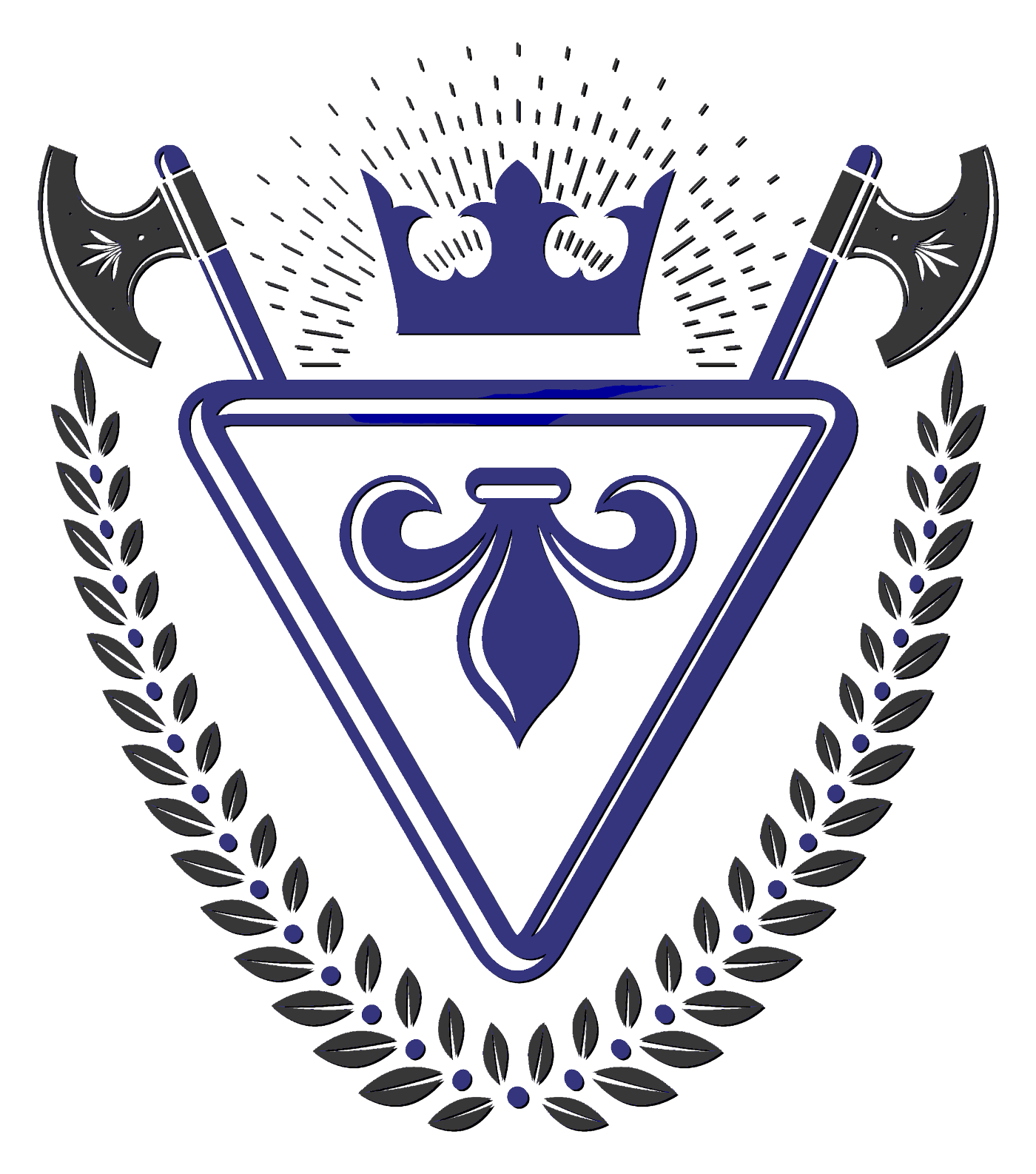Vav Caeli Mimetes wrote:
But isn't that a sign of a good author and a good story? Getting you to read more?
It depends. An author can make me feel like reading more by writing well, developing the characters, vividly describing the world, and so on ... or by ending the book on a cliffhanger. One is providing evidence that the next book is worth buying; the other is manipulation. Now, it's OK to end on a cliffhanger
sometimes, especially if this works well with the story---but when it's plainly artificial, and the pacing indicates the series will last as long as he feels like keeping on churning them out (i.e. he doesn't have one big story that's so long it has to be divided into several volumes, he has lots of little stories tied together by cliffhangers), I quickly feel like I'd rather go without learning how the current problem gets resolved than read another word.
Vav Caeli Mimetes wrote:
:rofl: I guess not, if you decided you didn't care about the characters and felt like bashing their heads together, throwing them off a cliff and then pointing them in the direction they really ought to go.
I wouldn't go
that far; I just don't care whether they solve their problems, keep having adventures, or just die. I'd rather go without learning how they solve this problem and get into the next than read another word.
Vav Caeli Mimetes wrote:
As a 'coming-of-age story--which I like to say I don't read but I suppose I actually read a lot of; just the fantasy versions because they aren't so often boring and sappy
I only read the fantasy ones myself, so I was actually talking about "coming of age" as a fantasy plot.
Vav Caeli Mimetes wrote:
it's okay, maybe not the best, and maybe it's not that original, either, but Flanagan is a clever author and even old plot points seem new at times with these stories.
Whereas for me even the somewhat original elements felt very old. The first book, like I said, wasn't bad at all. After that, pretty much everything made me think, "
This again?"
I don't mind the coming-of-age plot as such (there are some authors who do it very well); the problem is that it's one of the most common plots in modern fantasy, and so an author's take on it has to be better than "not
bad" to avoid feeling like a cliché.
Vav Caeli Mimetes wrote:
I agree that the series went on way too long. Way too long. Ten books? Ten and a half, I suppose you might say, if you count The Lost Stories.
If it had been a proper series---either one mostly-independent story after another, or one story traced through several volumes---that could be fine, though few authors are good enough to carry off a series that long very well. The problem (from the few books I read) was that he kept introducing the next story at the end of the previous one---the best thing to do there would have been to chop it off there and start it in its own volume. And it probably didn't help that (unless they were written
long in advance of their publication ...) he was writing on the order of at least two volumes a year.
Vav Caeli Mimetes wrote:
Something else I remembered liking about the series: The world. It's not that creative and new, but it's not supposed to be. Everything is supposed to feel old and familiar. I mean, it's Europe, in essence. Sure, they travel to the desert--something between Arabian and African, but the places the characters live in is England and Scotland and Wales and all that, only under different names.
Mmm. That I can live with, but other than that the worldbuilding was simply sloppy.





